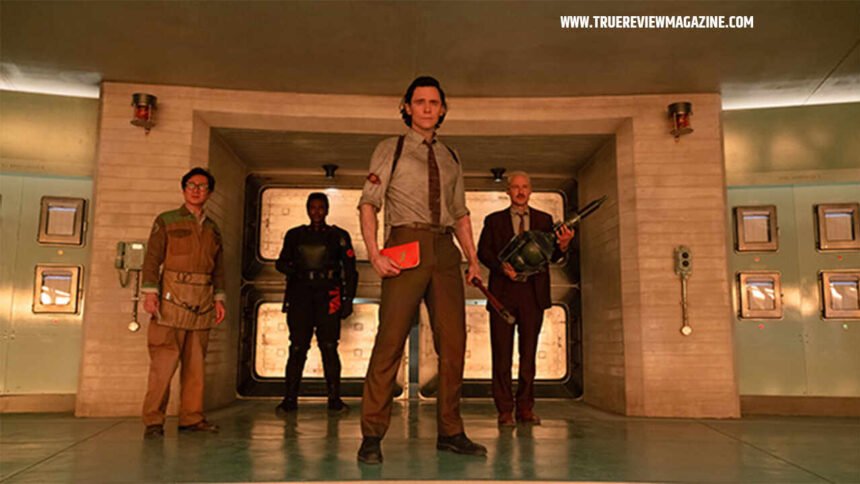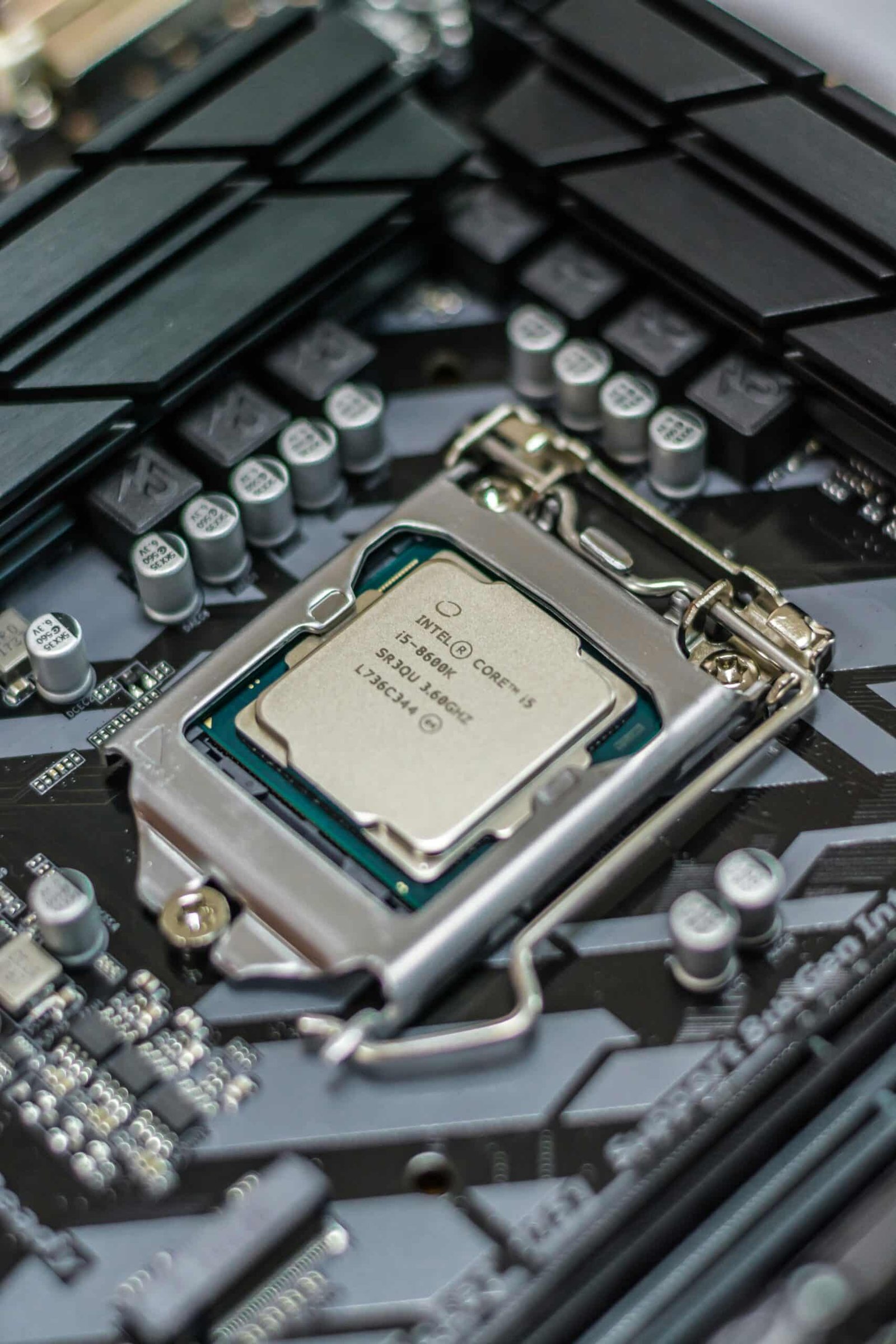Time travel, a concept beyond the realms of reality, often poses a challenging narrative task in the realm of fiction. “Loki,” in its first season, adeptly maneuvered this complex territory, earning its place as a standout within the recent Marvel Cinematic Universe (MCU) lineup. Following a variant of the Norse trickster god into the enigmatic Time Variance Authority (TVA), the series seamlessly blended impeccable production design with a straightforward emotional narrative. Particularly striking was the dynamic between our primary Loki (Tom Hiddleston) and his female counterpart Sylvie (Sophia Di Martino), which raised profound questions about identity, free will, and self-determination. Amidst the intricate threads of the Sacred Timeline, the central theme of “What defines a Loki?” provided a grounding anchor.
The unexpected announcement of a second season at the conclusion of its first season left fans eagerly anticipating what lies ahead. This revelation came as a relief, given the cliffhanger ending where Sylvie vanquished He Who Remains (Jonathan Majors), the founder of the TVA, potentially ushering in a multiverse. Upon Loki’s return to the TVA, he encountered a transformed office adorned with statues of He Who Remains and befuddled employees like Agent Mobius (Owen Wilson), who had no recollection of their former adversary turned ally.
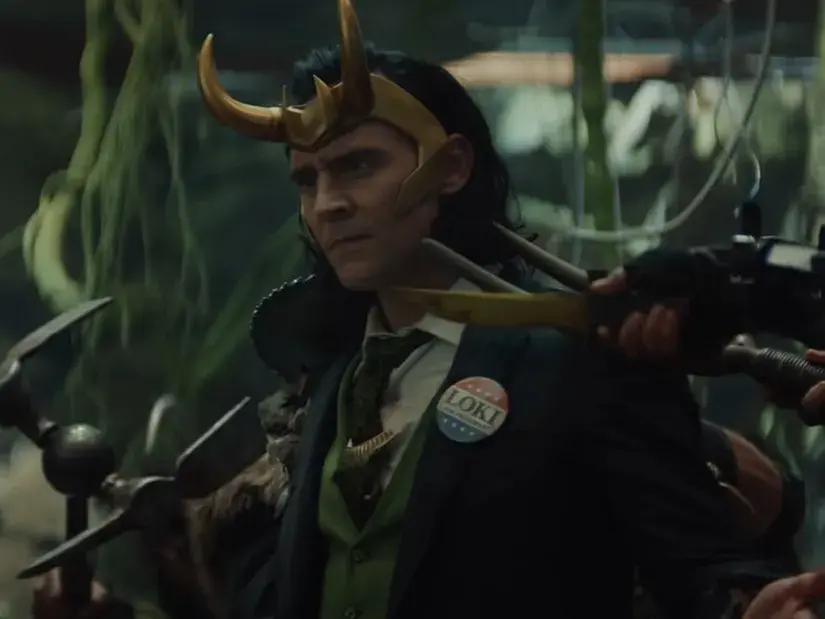
Fast forward two years, and “Loki” makes its return, as timely as ever. Despite a strong start, the MCU’s Multiverse Saga faced hurdles both on and off the screen. “Ant-Man and the Wasp: Quantumania” failed to live up to expectations, despite sharing thematic elements with “Loki.” Furthermore, actor Jonathan Majors’ legal issues cast a shadow of uncertainty over the character’s future as the next archvillain a la Thanos. While concerns about business strategies should never overshadow allegations of domestic violence, the financial implications remain significant.
These circumstances place substantial pressure and scrutiny on “Loki” Season 2, which also underwent changes in its creative team. Eric Martin took over head writing duties from creator Michael Waldron, and the directing team expanded, led by collaborators Justin Benson and Aaron Morehead. Although “Loki” still ranks among the top MCU shows, second only to “WandaVision,” Season 2 succumbs to some of the pitfalls the original story deftly sidestepped.
The first episodes of “Loki” provided viewers with insights into the TVA’s intricacies from Loki’s perspective, gradually unfolding its purpose, rules, and regulations. However, Season 2 thrusts viewers directly into the action. Loki is immediately tasked with locating Sylvie, deciphering the enigma of his time-traveling experience, and navigating the chaos within a TVA workforce now recalling memories of erased variants. The narrative becomes overwhelming for both Loki and the audience, disconnecting from Loki’s personal voyage of self-discovery.
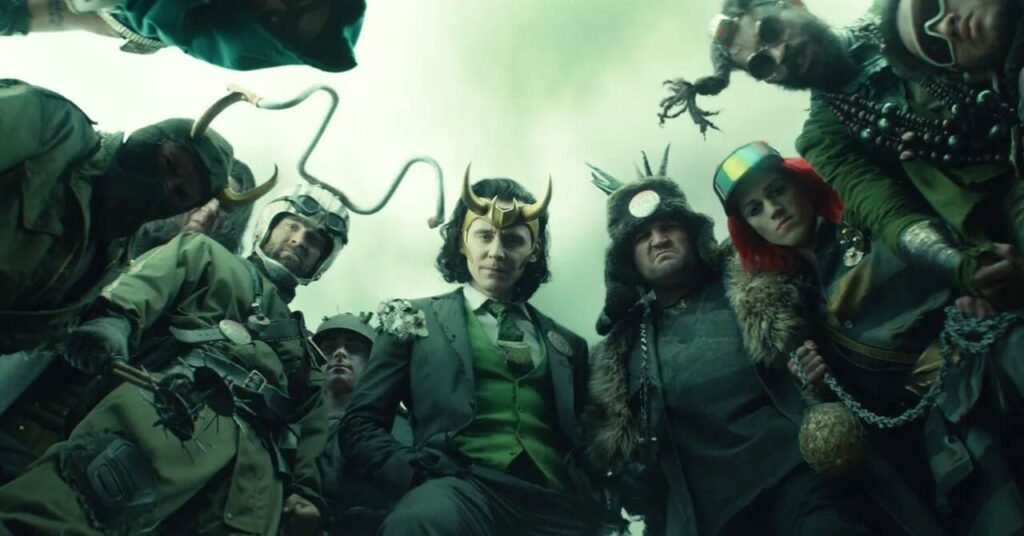
Season 2 introduces fresh plot devices like the Temporal Loom and characters such as Ourobouros (Ke Huy Quan), a cosmic IT specialist tasked with maintaining TVA equipment. There’s a palpable sense of urgency and momentum, but a lack of clarity regarding the characters’ motivations and the underlying conflict between individual autonomy and the collective good. It seems as though “Loki” accelerates through the narrative to avoid delving into the characters’ desires and needs, resulting in a conspicuous absence of emotional intensity.
Thankfully, the ensemble cast delivers exceptional performances, remaining a highlight within the vast MCU. Ke Huy Quan infuses Ourobouros with a lively and humorous presence, complementing the show’s whimsical tone. Rafael Casal, while underutilized as a TVA employee, still contributes to the storyline. Jonathan Majors’ portrayal of He Who Remains in his various incarnations, though unconventional and magnetic, invites questions about its separation from his off-screen conduct.
The show’s inventive and imaginative visuals continue to distinguish “Loki,” from the intricacies of Ourobouros’s workshop to visits to 1970s London and an entire episode set in 19th-century Chicago. However, the equilibrium between set design, cosmology, and character development has shifted. While the TVA’s world once served as the backdrop for Loki’s journey toward companionship and love, it now occupies a secondary role. Amidst the frenetic pace and unclear motives, there’s limited space to explore the relationships between characters, whether it’s Loki’s friendship with Mobius or his connection with Sylvie.
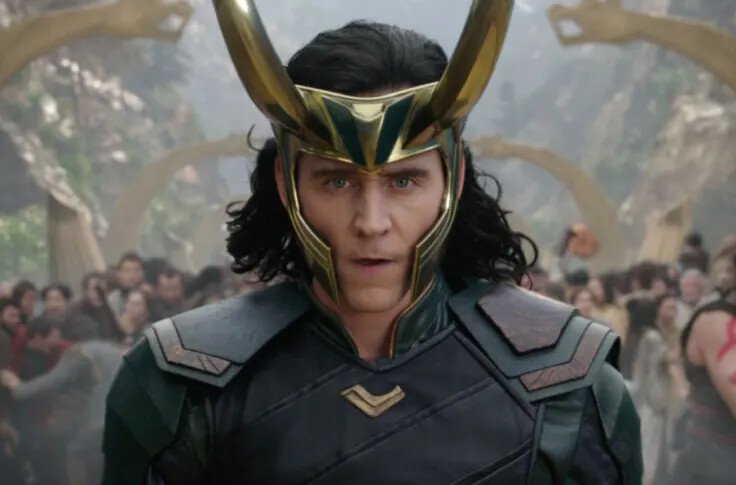
In summary, “Loki” Season 2 remains a captivating watch, but its suitability for a prolonged run, despite its renewal, is questionable. The season leans heavily into its plot, potentially sacrificing the depth of character exploration and emotional resonance that distinguished the first season.
Read more : https://truereviewmagazine.com/




